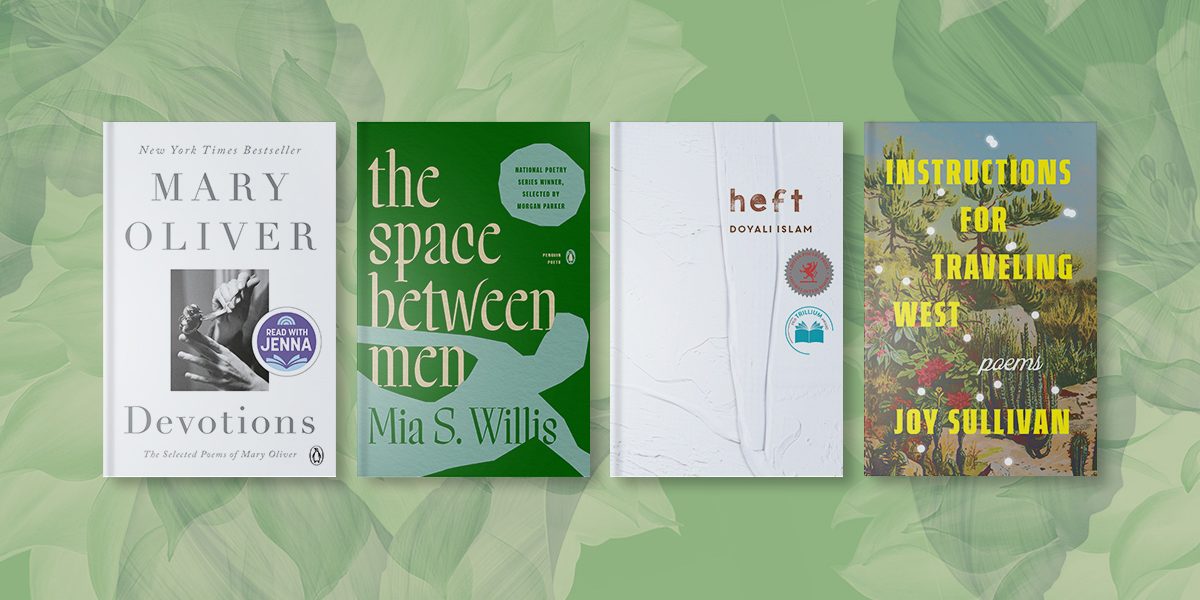In an era defined by rapid feeds and fleeting notifications, the written word still holds the power to ground us, to make us feel—and to remind us that behind every screen there’s a human heart beating. This article journeys through five pillars of our shared experience—Poetry, Entertainment, Faith, Politics, and Technology—showing how each both shapes and is shaped by our hunger for truth, presence, and genuine connection.
Poetry: The Language of Presence
Poetry refuses to be passive. It demands that we pause, breathe, and feel. Stripped of decoration and pretense, a poem is an act of vulnerability: it offers an unguarded glimpse into the poet’s private world while inviting the reader to confront their own joys, fears, and scars.
Emotion over Ornament: Where algorithmic captions and trend-driven memes often chase likes, authentic poetry lives in the moments we would otherwise skim past—midnight doubts, ragged grief, hope that refuses to be quiet.
Documentation of the Soul: Each line is a record of lived experience—love in its messiest forms, loss that reshapes identity, the lingering echoes of conflict and memory.
Resistance through Words: In a culture that prizes polish and conformity, raw verse becomes rebellion. By refusing to outsource our inner lives to filters and templates, we reclaim ownership of our stories.
When verse meets honesty, it transforms the everyday into revelation—this is poetry’s true gift.
Entertainment: Mirror, Mask, and Medium
Entertainment might seem antithetical to introspection, yet beneath every blockbuster spectacle or chart-topping hit lies a conversation about who we are and who we aspire to be.
Critical Celebration: Film and music deserve more than passive consumption. Analyzing plot choices, lyrical nuance, and representation shifts our role from spectator to participant in cultural dialogue.
Whose Stories?: Every franchise spotlight and streaming series has a framing. Which voices are amplified, and which remain in the margins? When we ask “Whose joy, trauma, triumph, or failure is being shown?” we push the medium toward fuller inclusivity.
Depth beyond Distraction: In times of escapist binge-watching, it’s easy to mistake distraction for fulfillment. Treating entertainment as a space for reflection transforms it into a tool for empathy and self-awareness.
By loving our favorite shows and songs more deeply—or critiquing them honestly—we honor entertainment’s power to shape collective imagination.
Faith: Between Doubt and Belief
Faith is not a static creed but a dynamic journey through longing, anger, hope, and renewal. It hums in the spaces between certainty and question, inviting us to probe what it means to believe when the world rewards skepticism.
- Complex Inquiry: Beyond platitudes, faith grapples with its own contradictions: prayer in moments of rage, gratitude shaded by regret, trust reclaimed after betrayal.
- Universal Longing: Whether rooted in organized religion or a more personal spirituality, faith reflects our search for anchorage—proof that we are part of something larger than ourselves.
- Intersection with Art: When poetry invokes prayer-like longing and verse wrestles with doubt, faith becomes a creative force—a reminder that even in our most unanswerable questions, we remain profoundly alive.
This deeply human approach treats belief not as an endpoint but as an ongoing conversation with mystery.
Politics: Poetry with Teeth
Politics is where words gain urgency and poems become manifestos. Every critique of injustice, every call to action, transforms verse into a weapon against silence and complicity.
Living Realities: Discussions of systemic racism, economic inequality, or policy failures are not abstractions—they are the daily lived experiences of marginalized communities.
Ethical Imperative: To write about power structures is not an exercise in bitterness but an act of solidarity. By naming hypocrisy and calling for accountability, political poetry demands engagement—voting, organizing, dissent.
Truth as Defiance: In a landscape of spin and soundbites, a truthful poem cuts through the noise. It refuses to play both sides or hedge its convictions; instead, it stands as testimony to lived realities.
When verse refuses to stay in the margins, politics becomes a realm of creative possibility—and every poem, a spark for change.
Technology: The Double-Edged Code
Our digital age has given us tools beyond imagining—and questions we are only beginning to ask. Technology promises connection even as it fosters isolation, offers convenience at the cost of conviction, and generates art even as it threatens the human touch.
Illusion of Community: Social platforms promise belonging but often deliver comparison and FOMO. We must ask whether our online networks enrich our souls or simply distract them.
- AI and Authorship: As algorithms compose images and prose, we confront what makes human creativity unique. Can a machine truly grasp the ache in a metaphor or the pulse of raw emotion?
- Surveillance vs. Liberation: Our lives are increasingly quantified and monitored. Technology can free us from borders and biases—or chain us to data-driven systems that exploit our attention.
- Digital Fatigue: Endless notifications and shallow scrolling erode our capacity for deep thought. Reclaiming reflection requires setting boundaries—and sometimes powering down.
By treating technology as a conversation rather than a master, we shape digital tools that serve humanity rather than the other way around.
Weaving the Threads
These five pillars—Poetry, Entertainment, Faith, Politics, Technology—are not isolated silos. They interlace:
- A political essay adopting poetic cadence.
- A faith-based reflection using cinematic metaphors.
- A technology critique grounded in personal narrative.
- A cultural analysis that reads like prayer.
This tapestry reminds us that our ideas, beliefs, and creative impulses are inseparable. When poets engage with policy, believers question algorithms, filmmakers draw on spiritual longing, and technologists embrace vulnerability, we push each discipline toward richer horizons.
Conclusion: An Invitation to Presence
In a world of speed and noise, the revolution lies in the decision to slow down and inhabit our own stories. Poetry teaches us to feel slower. Entertainment urges us to look deeper. Faith invites us to question more honestly. Politics demands our engagement. Technology challenges us to wield innovation with intention.
This is not a blueprint but an open call—to write, to think, to feel, to act. Whether you pick up a pen, press “play,” kneel in silent awe, vote at the ballot box, or log off to listen to your own heartbeat, know that your presence matters.
Let us continue the conversation where these worlds meet—where poetry gains purpose, faith meets doubt, politics takes poetic shape, technology recalls our humanity, and entertainment mirrors our souls. In that shared space, we find not only meaning but each other.







